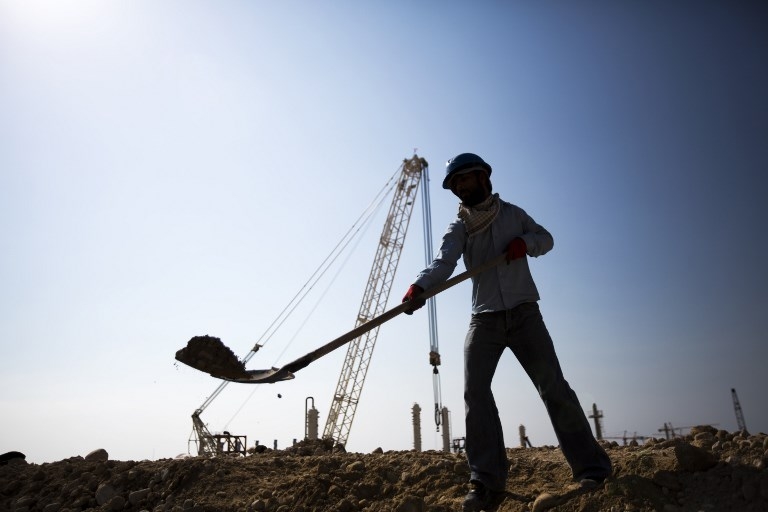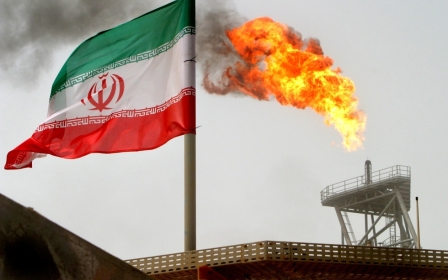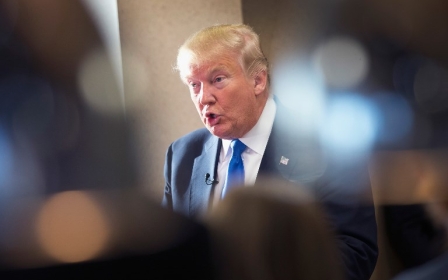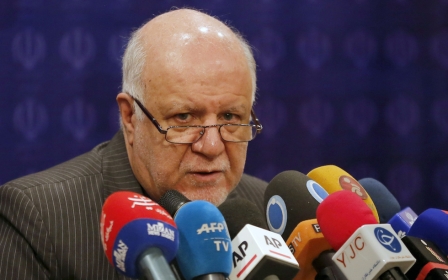Saudi, UAE turning OPEC into 'tool for US,' Iran says

Oil cartel OPEC has allowed some members to turn the group into a tool for the US, a senior Iranian official said in comments published on Saturday.
"Saudi Arabia and the UAE are turning OPEC into a tool for the US and consequently the organisation has not much credit left," Iran's OPEC governor Hossein Kazempour Ardebili told the Shana newswire, affiliated with Iran's Oil Ministry.
In May, US President Donald Trump pulled out of an international nuclear deal with Iran, OPEC’s third-biggest producer, and announced the imposition of sanctions. Washington is pushing allies to cut imports of Iranian oil to zero and will introduce a new round of sanctions on Iranian oil sales on 5 November.
Iran told OPEC last month that no member country should be allowed to take over another member's share of oil exports, expressing Tehran's concern about Saudi Arabia's offer to pump more oil amid the sanctions that threaten to cut Iranian oil sales.
In a move strongly opposed by Iran, OPEC had agreed in June to boost crude output by about a million barrels a day, AFP said, as the threat of sanctions stoked supply concerns on world markets.
Output from Iran has hit its lowest level since July 2016 with top buyers India and China distancing themselves from Tehran as the sanctions approach, according to the International Energy Agency.
Iran’s Ardebili accused Saudi Arabia and Russia of taking the market "hostage" through increased production and said that OPEC's responsibility is to restore market balance, not to boycott its founding members.
Last month, a senior Iranian diplomat urged OPEC Secretary General Mohammad Barkindo to keep the group out of politics, Reuters reported.
New MEE newsletter: Jerusalem Dispatch
Sign up to get the latest insights and analysis on Israel-Palestine, alongside Turkey Unpacked and other MEE newsletters
Middle East Eye delivers independent and unrivalled coverage and analysis of the Middle East, North Africa and beyond. To learn more about republishing this content and the associated fees, please fill out this form. More about MEE can be found here.




